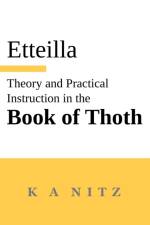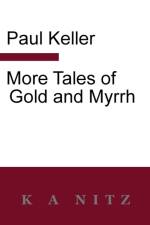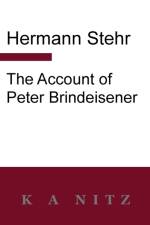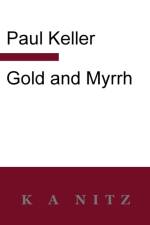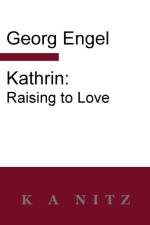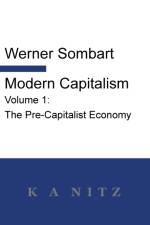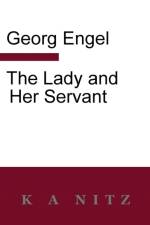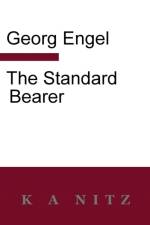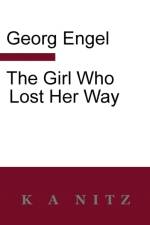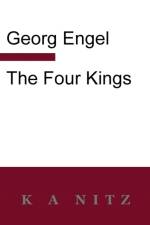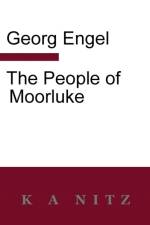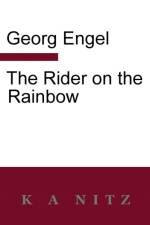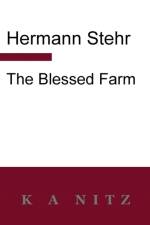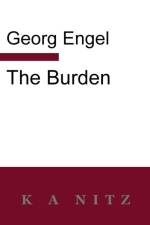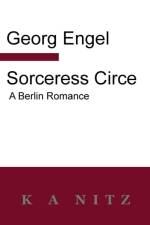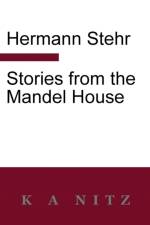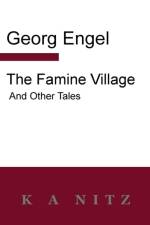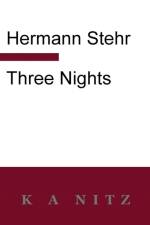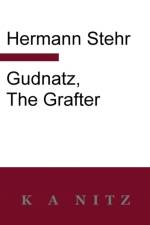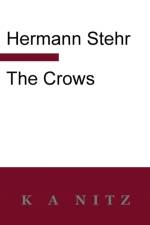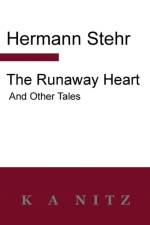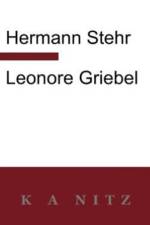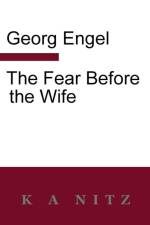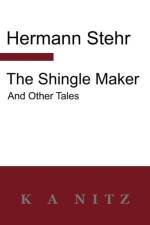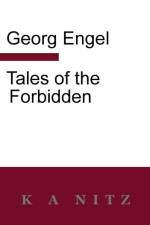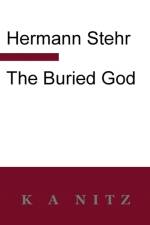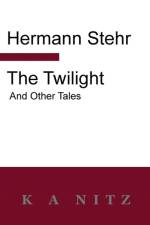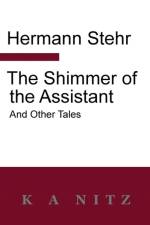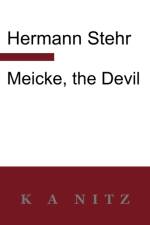av Hermann Stehr
425,-
When a man is born, at the same moment two bells begin to toll. One bell tolls below, one above; one as it were on earth, one, as the people say, in heaven. This doubled tolling does not stop as long as we live. And according to whether the man listens more to the bell above or that below, he is good or bad, big or small, and it goes uphill or downhill with him. Some men, however, commit such a noise in the middle of their life with their business affairs or with their passions, yes, some even merely with their thoughts, that the sound of the two bells cannot reach them. Such men are stuck in the midst of the most extreme hardship which can befall a man here on earth.—“Germany possesses in Hermann Stehr an artist of profound clarity. That which is in motion in his works, and that which stands still, seems eternal. His people are creatures who have nothing finished in themselves, but still seem to exist at the dawn of creation, unreleased in God's iron forging hand. And there is still no plentiful sunlight over their world. … They suffer, as it were, the act of creation.” – Gerhart Hauptmann, Nobel Laureate in Literature (1912)—Hermann Stehr (1864-1940) was a Silesian author of over thirty novels and novellas. He was awarded the Bauernfeld Prize (1910), the Fastenrath Prize (1919), the Schiller Prize (1919), the Rathenau Prize (1930), the Wartburg Rose (1932), the Goethe Medal for Art and Science (1932) and the Goethe Prize of Frankfurt-am-Main (1933); appointed as a founding member of the Prussian Literary Academy (1926); and nominated for the Nobel Prize in Literature four times.

